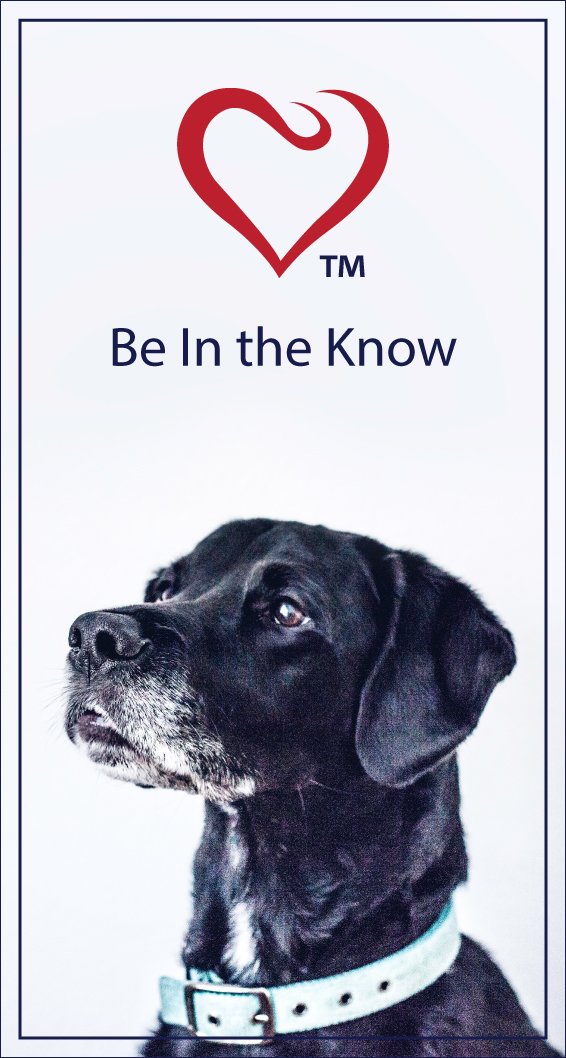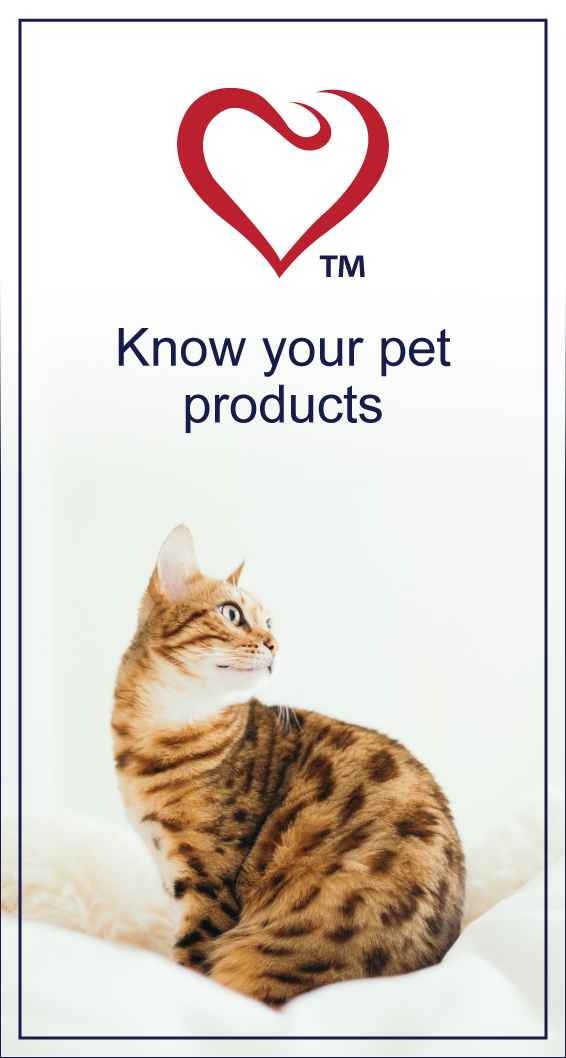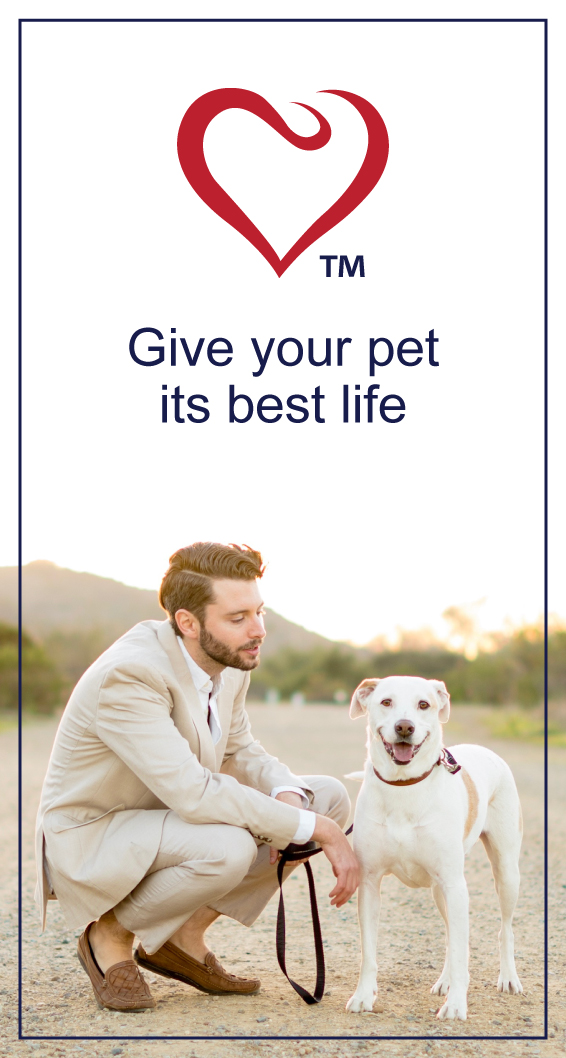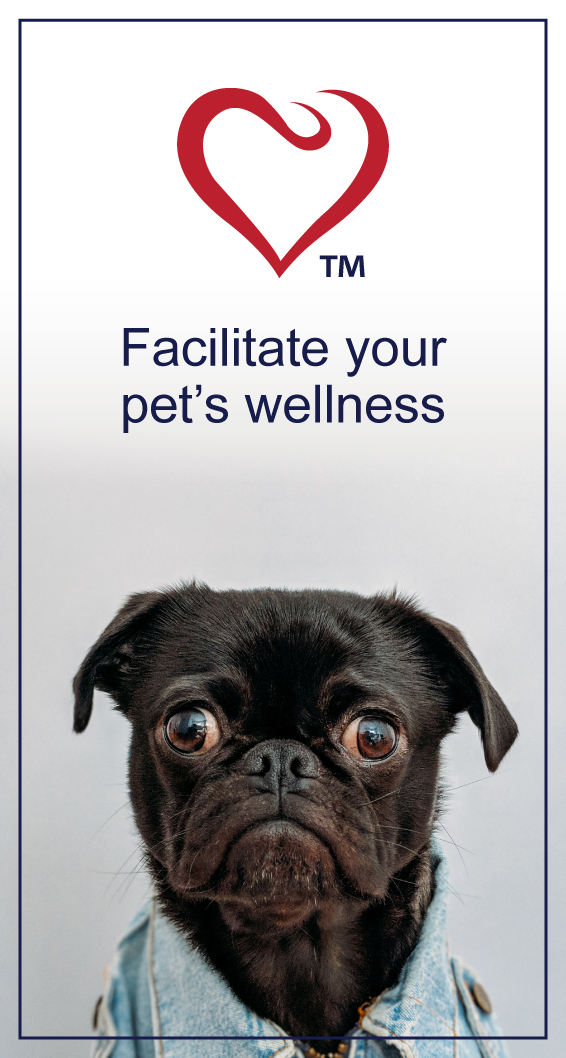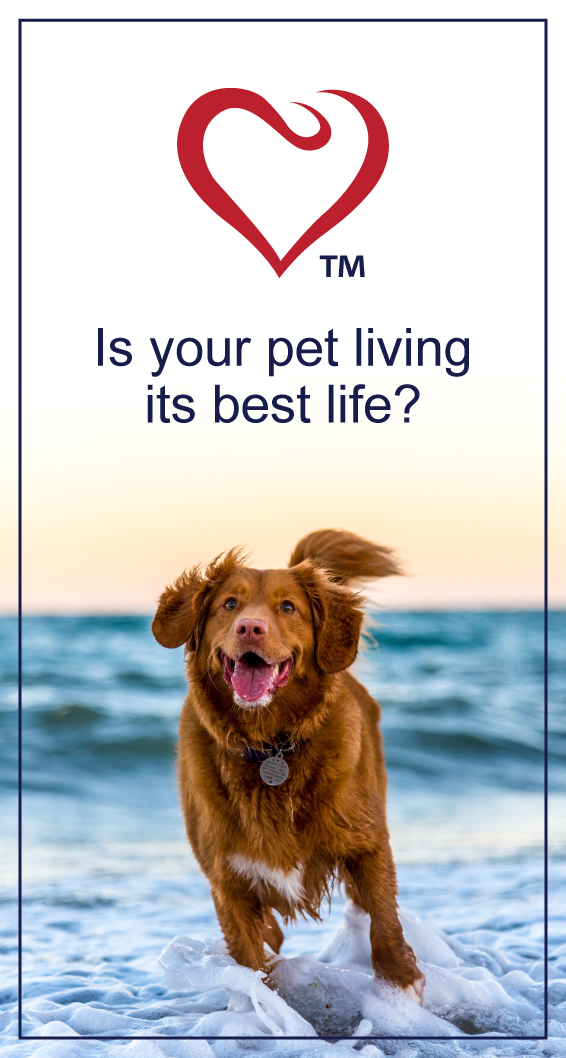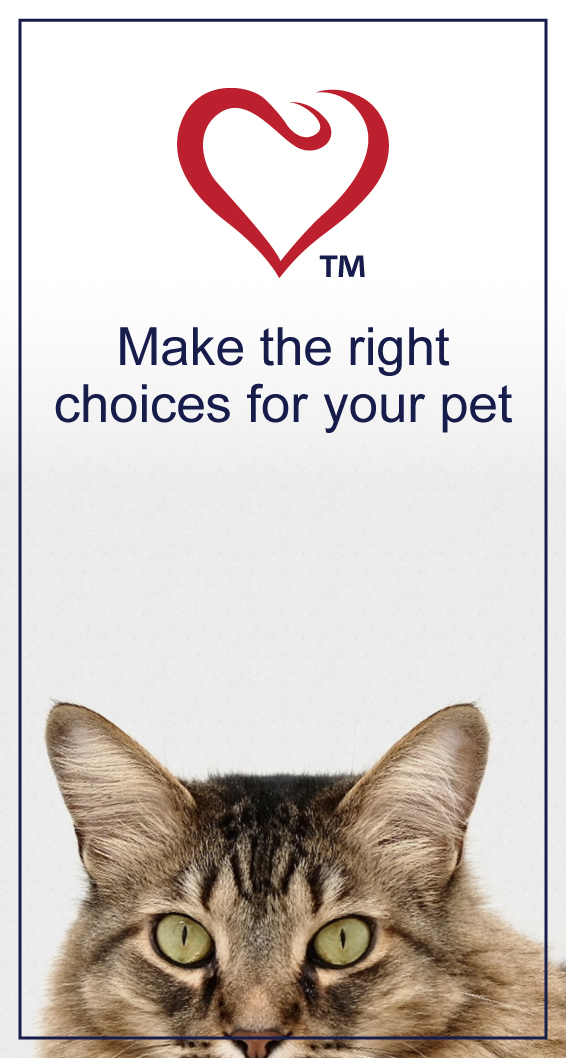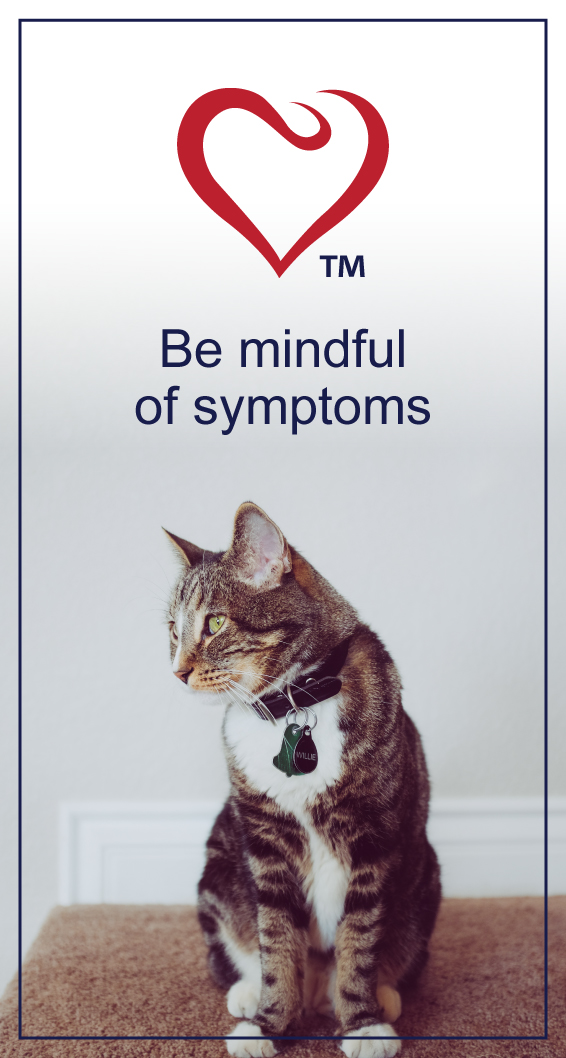
TRENDING
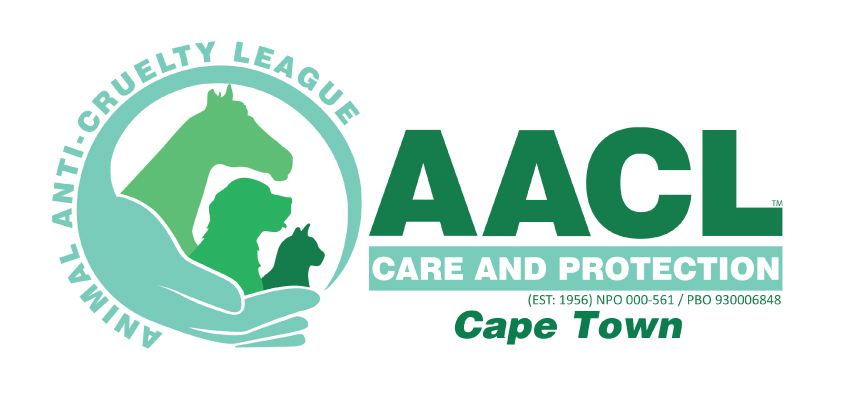
We’re excited and honoured to feature South Africa’s second largest independent animal welfare organisation on PetlifeSA.
Caring For Disabled Cats & Dogs
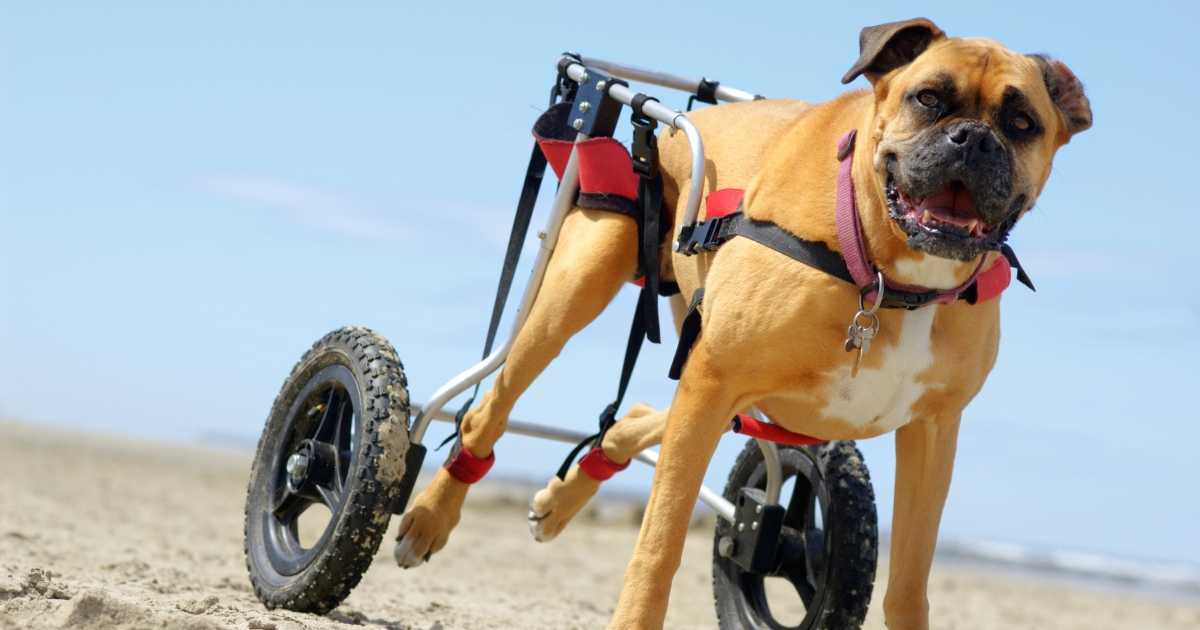
Whether your cat or dog suffered an injury, acquired a chronic illness, was born with a disability or is facing aging challenges, your pet can still have a happy life. Caring for handicapped pets on a daily basis initially requires extra attention but once the foundation is set, the rewards for both you and your pet are immeasurable.
Cats and dogs with disabilities usually have little trouble adapting to their condition and have a great advantage because they live in the moment. Rather than feeling sorry for your pet, a more helpful approach is to be proactive by learning about the disability and finding out how to better support your pet. With proper veterinary care, good nutrition, patience, gentleness and commitment, pets with disabilities are living longer and healthier lives while providing great joy to their human companions.
Regular routine is essential
Pets thrive on an established routine and this is even more so for your disabled pet. When your pet can predict the actions that each day brings, they’re less likely to go into stress behaviour since they know what’s going on around them.
Avoid changes to familiar surroundings
Any kind of change that happens to their environment can make them feel nervous, anxious and even cause physical effects such as vomiting. Simple changes like moving furniture or food and water bowls will cause confusion or complications for your pet.
Ensure safety in your home
Go through your home to assess for any dangerous situations. For example, blind pets are unable to see possible dangers in their path. If you have a stairway in your home, block the stairs to avoid possible accidents.
Regular veterinarian checkups
Set up a schedule with your veterinary healthcare team to check on your pet’s general health and address any changes. Follow your veterinary healthcare team’s recommendations and administer medications as directed. A veterinarian can provide useful information and support that’s often needed for both the pet, and their human companions.
Regular exercise
Regardless of the disability, regular exercise is necessary for optimal health and management of disability. Your veterinarian healthcare team will advise on the best possible forms of exercise adapted to the disability of your pet.
The internet as a font of information
The internet contains a wealth of information on all manner of topics including how to care for your disabled pet, resources in terms of support groups, special equipment and much more.
Related Articles
